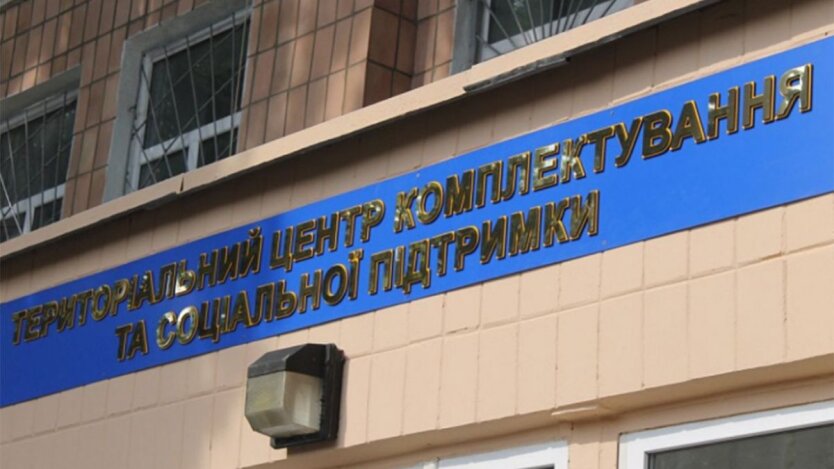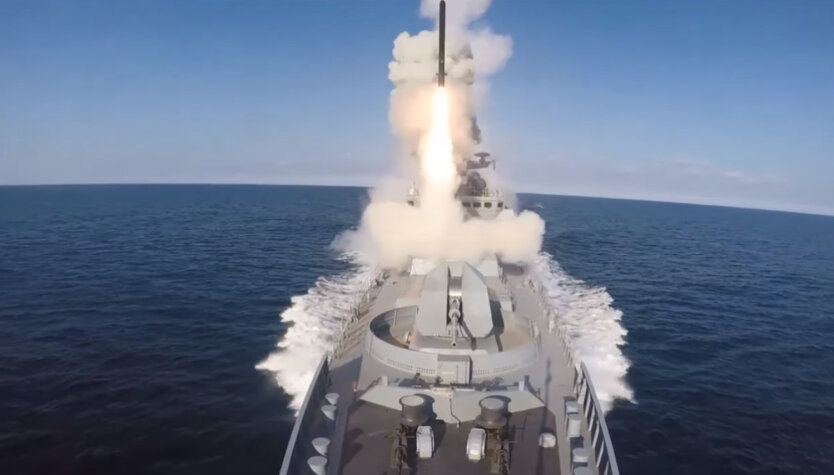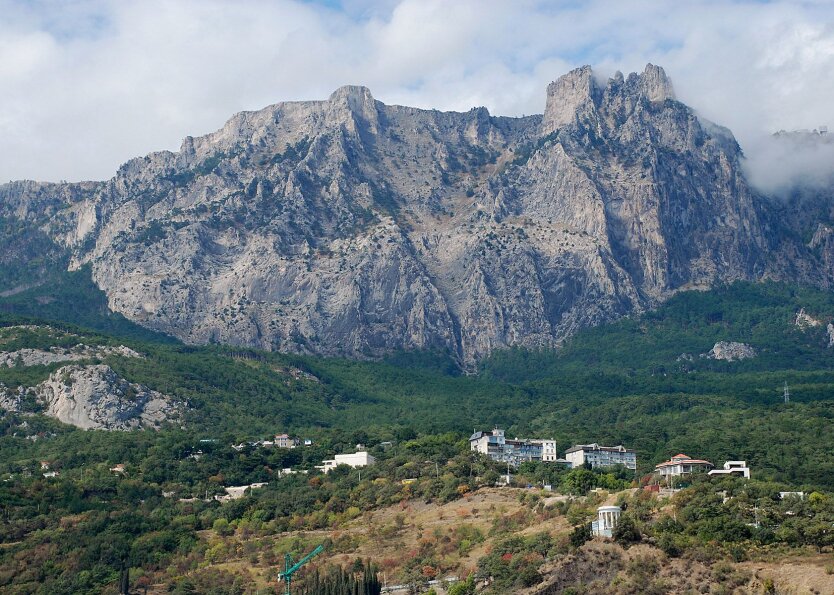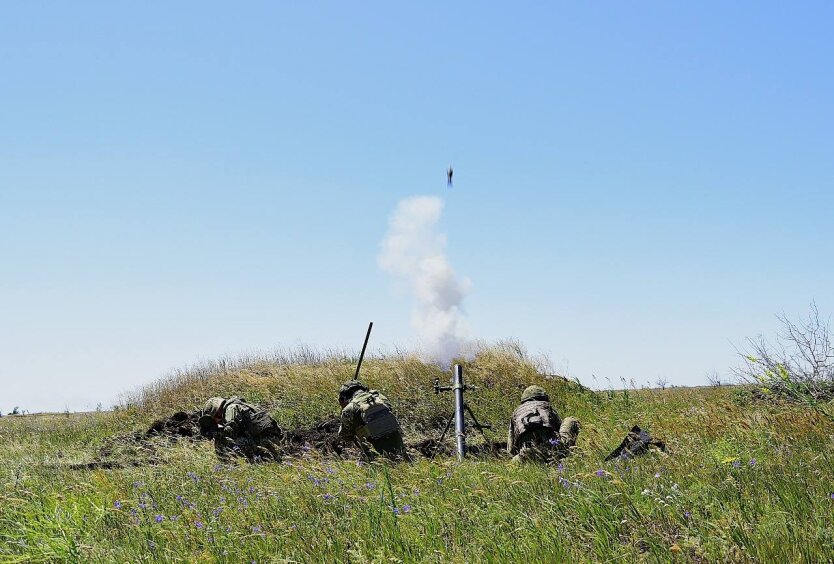Russia is accumulating missiles for a new strike on Ukraine - NATO intelligence data.

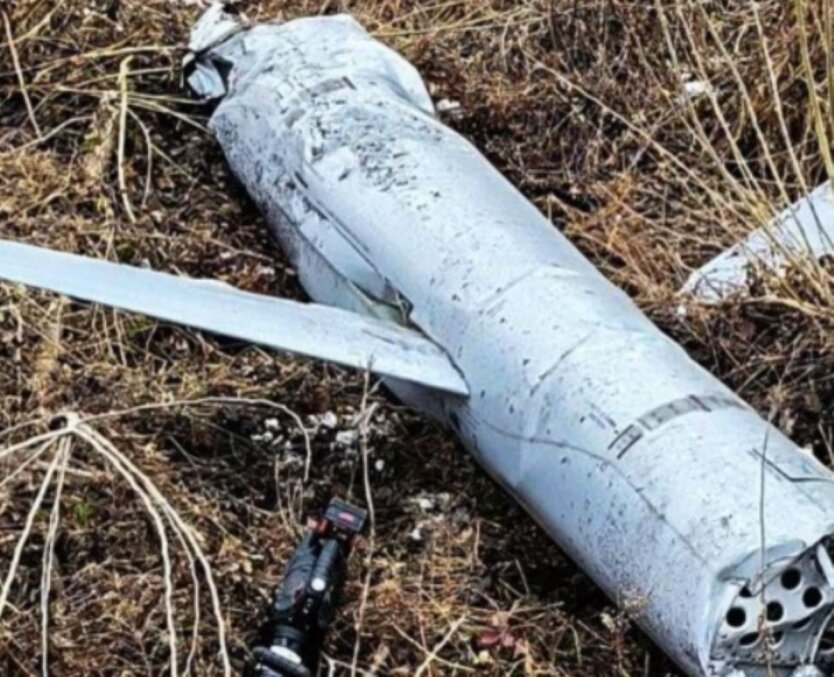
According to the North Atlantic Alliance, Russia continues to produce many missiles and is accumulating them for future strikes, even in the absence of missile attacks.
A representative of the Alliance, who attended the NATO meeting in Brussels, informed reporters that Russia is accumulating missiles for future strikes, and they continue to produce them even without missile attacks.
He expressed confidence that Russia is gathering supplies for future strikes.
The Alliance representative confirmed that the number of missile attacks is currently decreasing due to the use of drones. He explained that Russia has improved its tactics of using kamikaze drones, which has become more effective. This leads to a reduced need for mass missile strikes.
Nevertheless, Russia still requires missile attacks, and they continue to produce many missiles.
The Alliance representative added that the tactical stockpile of missiles is used for accumulation and employment in large quantities for mass strikes. These strikes are significant for military objectives and impact morale. Russia is delaying airstrikes but is accumulating supplies to use them later. This is done to stimulate the active army and the population. Therefore, Russia continues to produce many missiles and accumulate them.
The Alliance representative also noted that Russia is buying missiles from Korea but continues to produce and accumulate them based on intelligence data.
Read also
- TCK has drastically tightened security measures: what will change for Ukrainians
- Britain is ready to finance Ukrainian interceptor drones as early as this month, - Zelensky
- Why Russians have started using 'Kalibr' missiles more frequently: explanation from the Navy
- Children Aged 13 to 17: How Russians Are Using Teenagers for Diversions
- Violent Disappearances: Who Becomes Victims of Occupants in Crimea
- Russians Failed the 'Deadline' on Torske: Armed Forces of Ukraine Disrupted the Occupants' Plans
